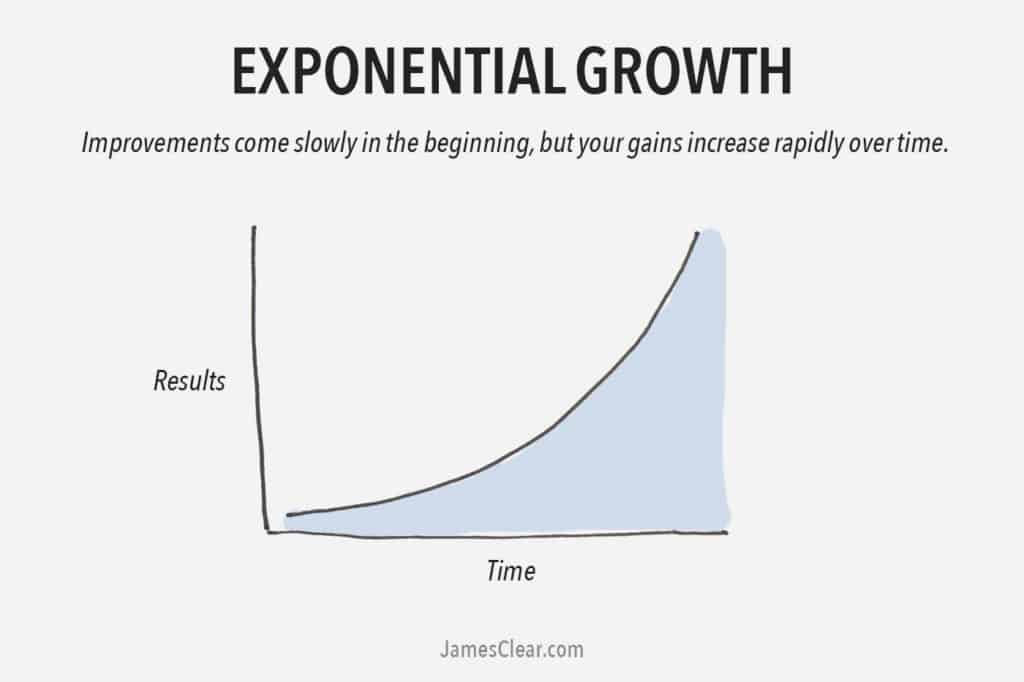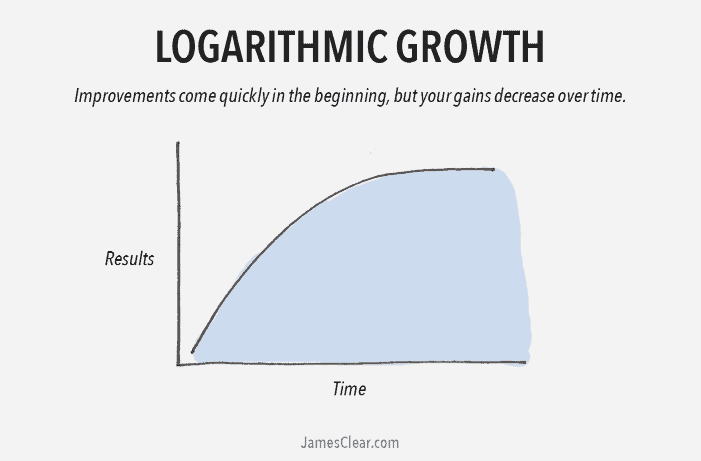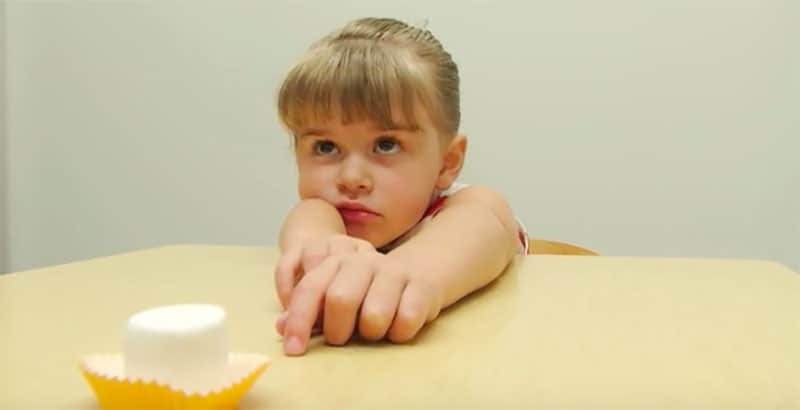The image of the dynamo is used in Da Xuan to give a feeling of how the training gets started. In the beginning, it takes quite a bit of willpower, effort and juice to get going, but at some point the momentum of your efforts begin to make the practices move themselves. It’s not that we stop at this point, as with the dynamo we still need an effort to keep it going, however that effort is now supported by energy coming from the practice itself, and that energy is exponentially increasing.
Practically speaking, this means that it is necessary for everyone to go through an initial period that is basically like a run up to get going. I found in myself and with many of my students, the first 6 – 12 months of the training were definitely the hardest. It’s not that there aren’t more difficult moments later on in practice, but as we get on, we are more and more equipped to deal with those increasingly difficult challenges, and we are more and more familiar with dealing with challenges in general.
What this also means is that after we spend all the effort at the start in the difficult stage, at some point the practices gain traction and we start evolving at an exponential rate. Every year I have this feeling that I made more progress in the previous year of practice than all the years preceding that put together. The basic idea is that this never stops, and we keep growing and evolving and discovering new things right throughout our lives until the moment we die.

In my own research into many other modalities of training, which was quite substantial, it was typically the other way around. I was often talking to coaches who would say the first 80% of the results in the given modality were much easier to achieve than the last 20%, and so you ended up with a progress curve that was flipped. Typically what separated the champions from the casual practitioners in any of these modalities was the willingness to put in extraordinary efforts to move through that last 20% of progress, and at the world class level it was really all about devoting one’s life to get that 1% over the nearest competitors. This kind of progress is called Logarithmic Growth:

For the casual practitioner interested in gaining good health quickly, it would apparently make sense to invest in the easy gains by aiming for this reasonably easily achievable 80% of quick growth. But how do you keep going once you’ve hit the grind? How do you avoid the inevitable point where you are working tirelessly to make small progress? You can shift modalities and start again in something new, but this doesn’t allow you to surpass this invisible barrier, it just puts you back at the beginning.
I want to now introduce the concept of the marshmallow test, for those who do not already know about it. It was an idea that researcher Walter Mischel used in the 60s and onwards to study how willpower and delayed gratification impacted people’s lives. The test was simple: a small child was given a marshmallow and told that they could eat it right away if they wanted, but if they waited for 20 minutes without eating it, they would be rewarded with a second marshmallow. They tested a bunch of children and followed up with them over the next 20, 30 and 40 years. The children who had the willpower to resist the temptation of the quick fix and wait for the second marshmallow were universally more successful at everything in their lives than the children who wouldn’t wait and immediately ate the first marshmallow.
When we engage in a good tradition of self cultivation, it is basically a marshmallow test for your personal growth and evolution. Are you willing to give up the quick gains of most of the modern systems of health and wellbeing, put in the effort of your willpower to keep on going until it gains traction and starts to accelerate rapidly? The lines will cross at some point and the exponential curve will over take the logarithmic curve, but until that point it’s going to be behind, and we must endure this for a period of time that is definitely not short.
I’ll continue this line of thinking next month, looking more at what we do in the Da Xuan tradition to allow our progress to be exponential. For now, I will leave you now with a saying that is found in most Chinese systems of martial arts and self-cultivation:
You have to eat bitter before you can taste sweet.

